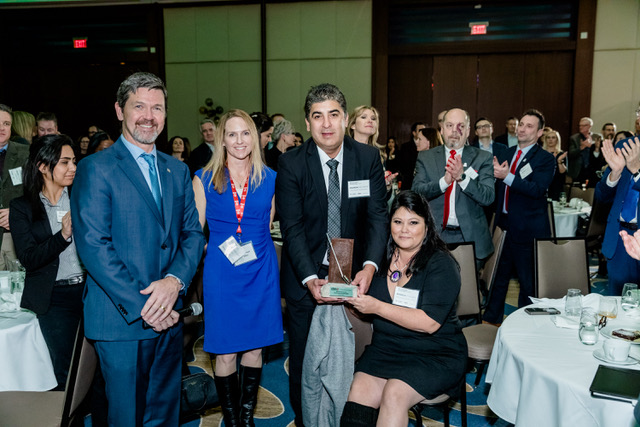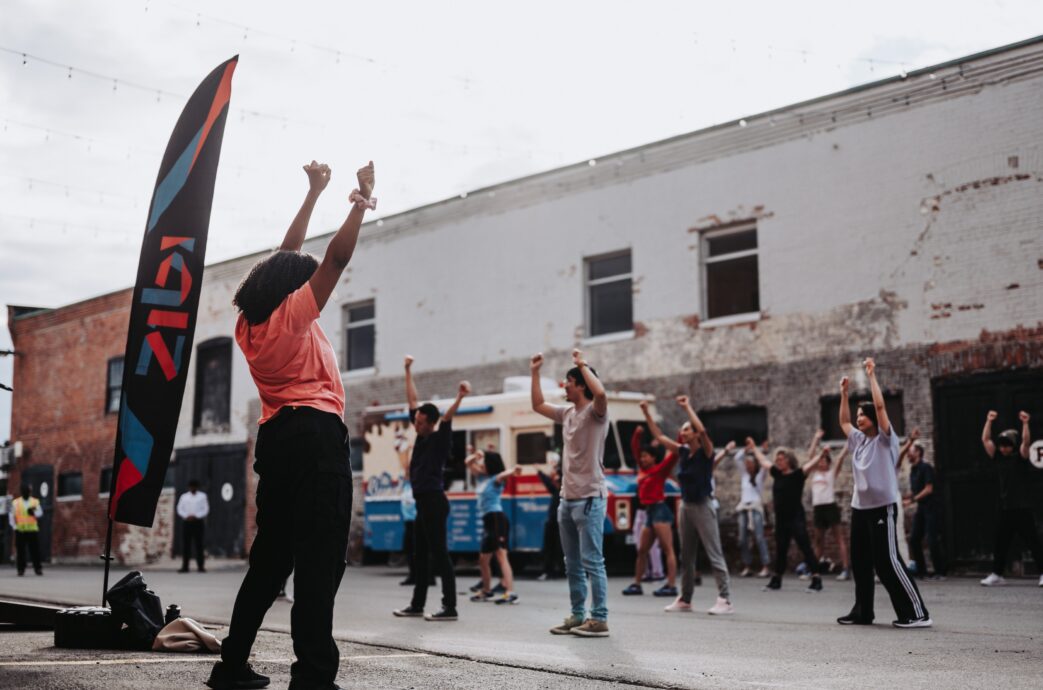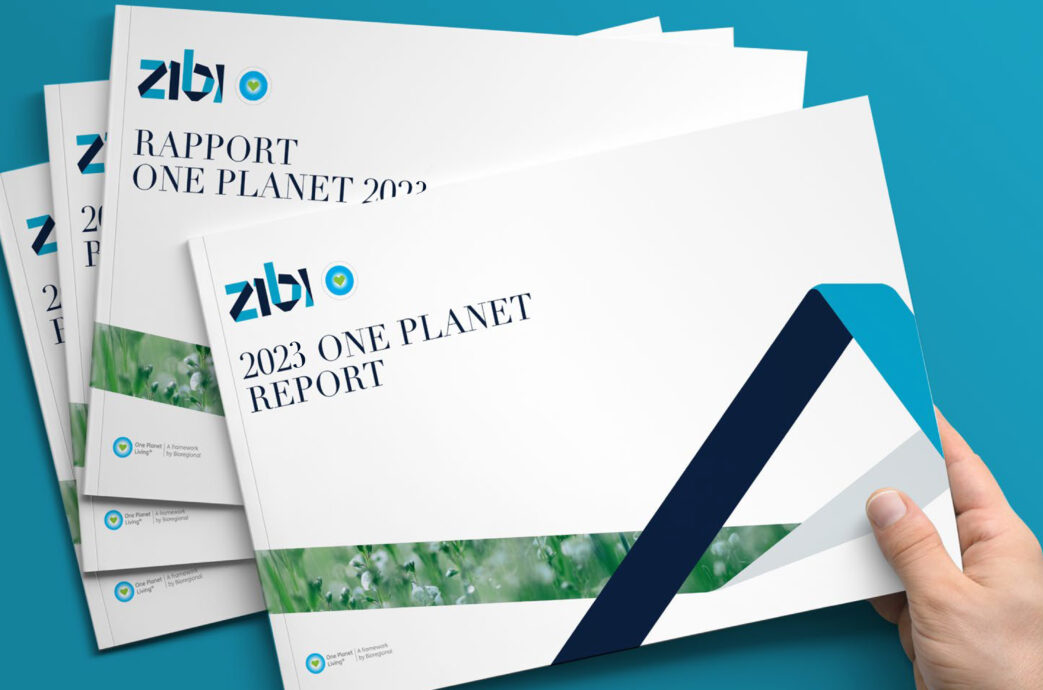On September 30th, Canada will be holding the first ever National Day for Truth and Reconciliation.
In this blog series, we will be taking a look at how Zibi strives to be a model of reconciliation in the National Capital Region by working with Algonquin Anishinàbe partners to confront the truth that systemic barriers in the Eastern Ontario and Western Quebec construction industry were in the way of achieving reconciliation with Algonquin Anishinàbe workers and companies. By leading the way on meaningful engagement, supporting Algonquin Anishinàbe partners in breaking down systemic barriers, and creating opportunities for employment, capacity building and cultural representation, Zibi has created a model that other developers can follow to begin the real work of reconciliation in our region.
Photo: Josée Bourgeois photographed by PJ Leroux @HighRezPhoto
Systemic barriers have blocked Indigenous peoples from working on their territory
The Algonquin Anishinàbe Nation has a shared history of working in the construction industry as a means to provide for their families and communities. Despite their experience and skills, they continue to encounter many systemic and administrative barriers that have led to a large socio-economic gap and limited opportunities.
People would be surprised to learn that as recently as the 1970s, Algonquin workers had to migrate to the Eastern United States to work in the construction industry.

In 2019, Andrew Decontie and Wanda Thusky were awarded the highly coveted Brownie award for their decontamination work at Zibi.
“Construction is in my blood. My dad worked in this industry, and he faced racism that, unfortunately, many of us still feel today in this industry,” shares Andrew Decontie, President of Kitigan Zibi’s Decontie Construction.
“That racism forced him and my uncles to leave their families to go work in the United States. While we may not have to go work in the States anymore, we still face systemic barriers that are preventing us from working off reserve and benefitting from the same opportunities as non First Nations.”
For Algonquin Anishinàbe workers, a number of barriers have stood in the way of their ability to make a living off-reserve. These include:
- Administrative barriers – overly rigid administrative processes, where despite having the necessary schooling and work experience, workers still cannot obtain the proper trade certifications required to get work.
- Labour barriers – legacy rules whereby work completed on-reserve is not recognized towards trade certifications, which result in Algonquin Anishinàbe workers not being able to work off-reserve.
- Industry barriers – prejudices and stereotypes have resulted in non-Indigenous contractors being reluctant to support Indigenous workers through the apprenticeship process, which means that Indigenous workers get left behind.
- Internalized barriers – the legacy of Residential Schools and racism have left generations of Indigenous men and women with deep rooted constraints – poverty, self-esteem issues, addiction, cultural shock, language barriers, racism – that have prevented many from progressing through the training and testing required to complete their certifications.
Andrew Decontie and his wife and business partner Wanda Thusky took it upon themselves to start tackling some of these barriers. Their company has successfully recruited, trained and employed Algonquin Anishinàbe tradespeople for various contracts, including at Zibi, and continue to do so by creating bridges/partnerships with the private and public sector to achieve this.
They also sought and received Government of Canada funding to undertake the Pathway to Strengthening the Algonquin Anishinàbe Workforce (PSAAW) project, which will result in, among many things, an inventory of qualified and skilled Algonquin Anishinàbe workers to make it easier for the industry to recruit and hire Algonquin Anishinàbe tradespeople in construction and remediation projects on Algonquin territory.
While these initiatives are a positive step forward in our region, much remains to be done to address the remaining barriers and help Algonquin Anishinàbe people and companies freely pursue their economic, social and cultural development, as stated in the United Nation’s Declaration on the Rights of Indigenous Peoples (UNDRIP).
In our next blog post, we will discuss the role the private sector can play in paving the way for reconciliation.









